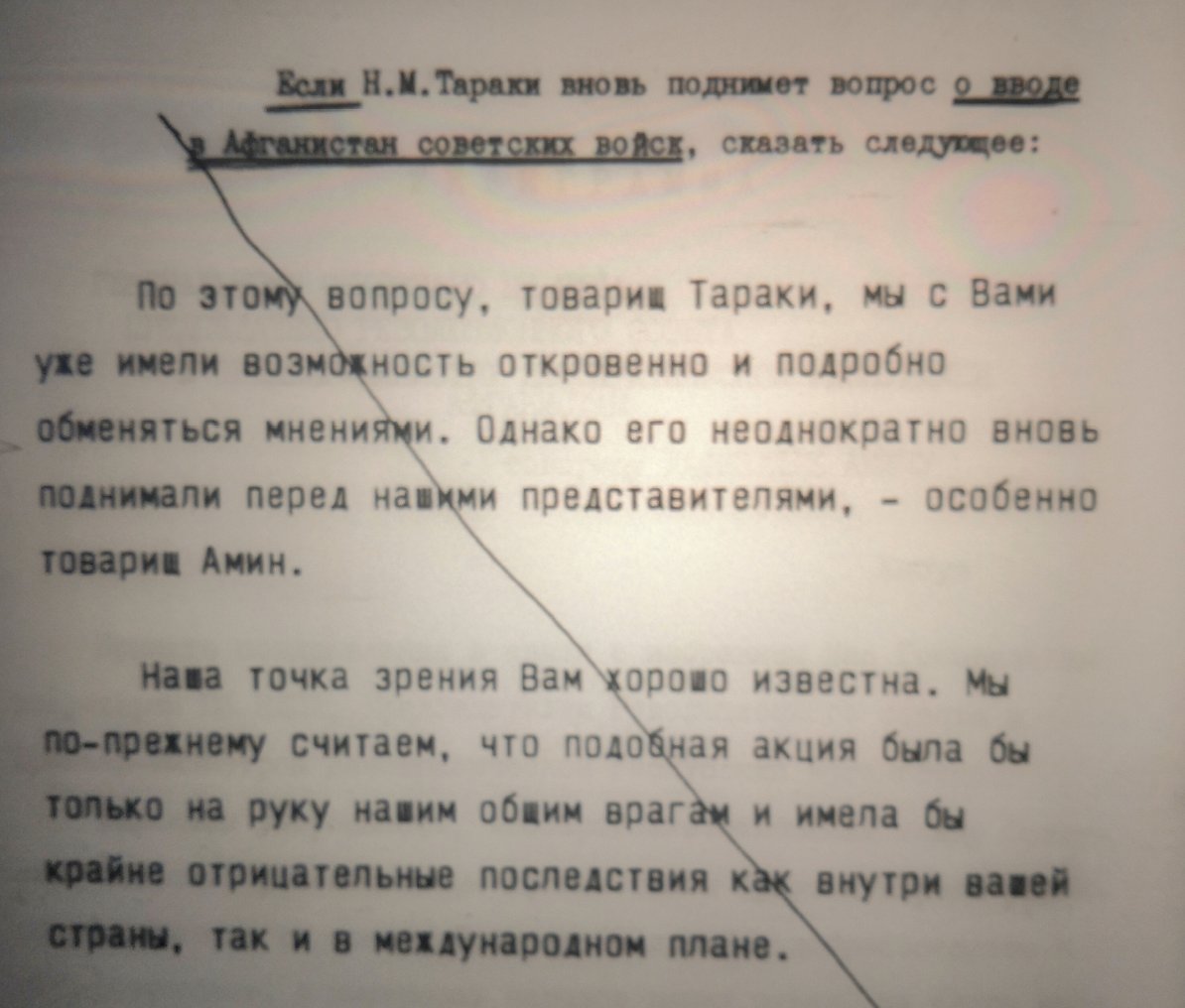
Brezhnev & Kosygin here seen complaining about the fact that the Vietnamese would not supply samples of downed US equipment to the Soviets. "They say 'yes, yes, yes'. They promise all the time." But "we have not received anything from them." 

Curiously, the Soviets had much better luck with their non-Communist allies in Egypt who would actually provide them with the captured Israeli (often US-supplied) military equipment.
On the scale of 1 to 10 (1=least reliable; 10=most reliable), the Vietnamese were never above 2 or 3 for the USSR. A real pain! (I guess it got worse, e.g. Albania and Romania).
I mean, it got much worse with China, with which the Soviets nearly went to war in 1969 despite being treaty allies! 🤦♂️
• • •
Missing some Tweet in this thread? You can try to
force a refresh






